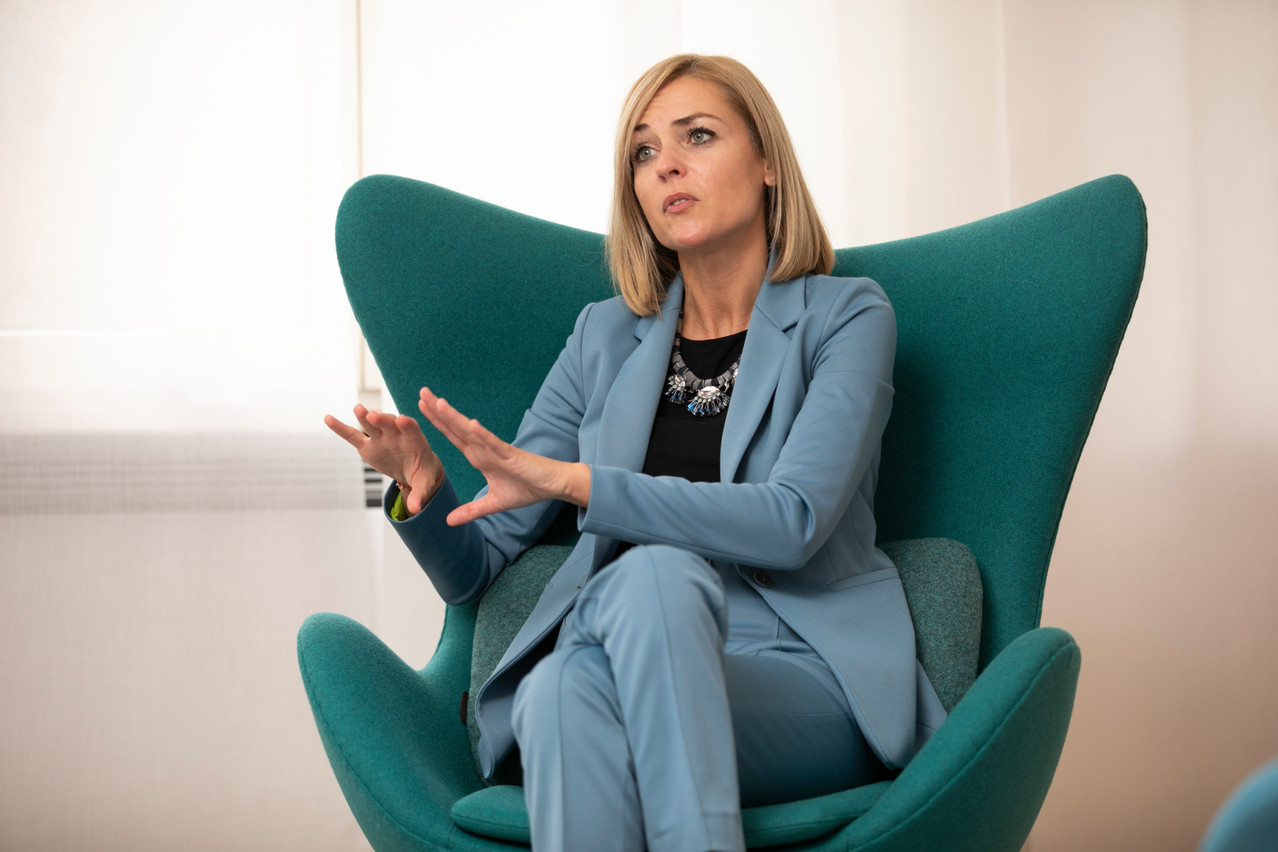Police responded to 943 cases of domestic violence last year, up 11% compared to 2019. What do these numbers tell us about how Luxembourg got through the pandemic?
Taina Bofferding: Every victim of domestic violence, whether physical or psychological, is always a victim too many. Looking over the last year, the situation is more or less stable. We didn’t see an explosion like some countries--France saw an increase of 30% during lockdown. Statistics are one thing, of course, and then there is reality. But we observed the situation intensifying in other countries and said we must put in place a crisis mechanism. There was never a gap in our response chain. When people called the police, they came. We guaranteed that services continued, that people who needed help received it. We had a situation where people were cooped up together. There were more tensions. But also, neighbours called the police because they were working from home and noticed. This is a new phenomenon. It explains that more cases were reported, and this is good, even if it increases the statistics.
Supporting victims is one element, preventing violence another.
We invest a lot into working with perpetrators. It’s a type of victim protection, a type of prevention. Not everyone thinks that this is something we should be doing. There are also voices saying we should only invest in victim support. We need both; they’re complementary.
Around a third of domestic violence victims are men. Where can they get support?
They can benefit from the same services as women. And there’s the infoMann service, which is exclusive to men and boys, where they can turn if they’re a victim but also if they simply need someone to talk to. Domestic violence is a taboo, but there is an awareness. Violence against men is an even greater taboo, because many men don’t want to say they’re victims of domestic violence.
What is the feedback from players on the ground about people hesitating to seek help?
There is not daring, not admitting that you’re a victim of domestic violence, not admitting that someone is doing this to you. But there are also people who think this behaviour is normal, who have been used to this for such a long time they accept it as their reality. And there is a financial aspect. Women living in toxic, violent relationships who aren’t financially independent will think twice about leaving their partner if they have nowhere to go.
25 November marks the International Day for the Elimination of Violence Against Women. How do such initiatives contribute to helping solve the problem?
They bring the topic into public awareness. In the last years, many more people participated in Luxembourg. Communes take part, lighting buildings in orange. People use social media. It’s about coming out of the taboo and speaking about this in public. The whole #MeToo movement has shown how important it is to talk about it.
Luxembourg has strict domestic violence laws, but what room for improvement do you see from a legal perspective?
There’s a cooperation with the justice minister and the interior security minister. We , assessing whether it’s still up to date, how it responds to new types of violence, where we must adapt the law for support services. Everyone in their area has short-term and more long-term points to work on.
This interview first appeared in the December 2021 edition of .
